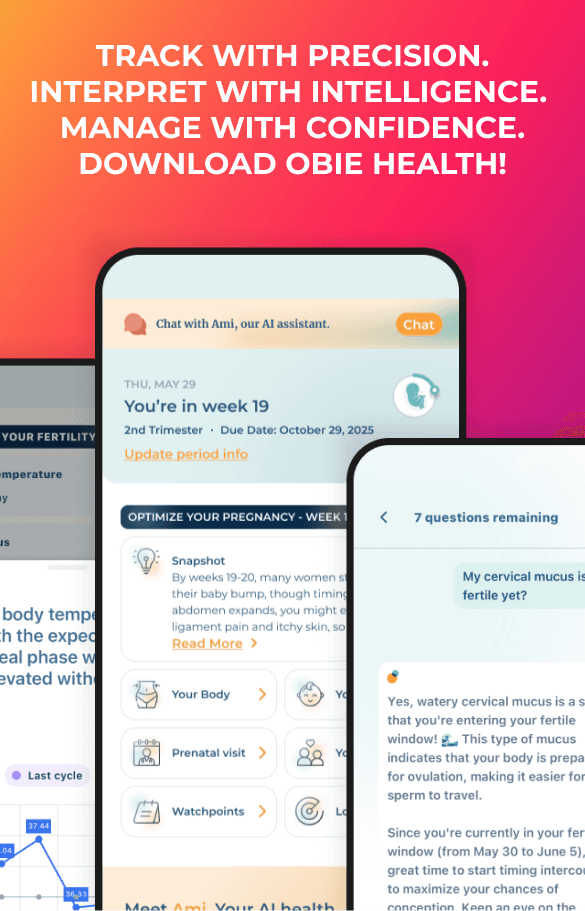How is a singlet pregnancy different from a twin pregnancy?
Obie Editorial Team
The Long and Short of It
My first two singlet pregnancies lasted nearly to term, but the final pregnancy ended early. Many twin pregnancies don’t quite make it to full-term, but that is to be expected in some cases. There are women who carry twin pregnancies for 40 weeks and women who deliver before the 37th week. The length of your pregnancy will be determined by several factors, but your body is in complete control. When the time comes, no matter when that time is during your pregnancy, you will give birth. The longer the pregnancy, the more developed the twins. The shorter the pregnancy, the more additional health care that may be needed before they can come home.
The Symptoms May be Heightened – But Maybe Not
My singlet pregnancies caused very few symptoms, but my twin pregnancy was horrible. Every part of my body hurt from my head to my toes. I met another twin mother once and she suffered no symptoms or complications at all and she worked as a nurse until her water broke. I was on bed rest for more than 20 weeks. Higher hCG levels early in the pregnancy could cause early pregnancy symptoms to be heightened, but it doesn’t appear that this happens for all women pregnant with twins.
The ultimate different between a singlet pregnancy and a twin pregnancy is the end result. With a singlet pregnancy you’re going home with one. With a twin pregnancy you’re going home with two.







